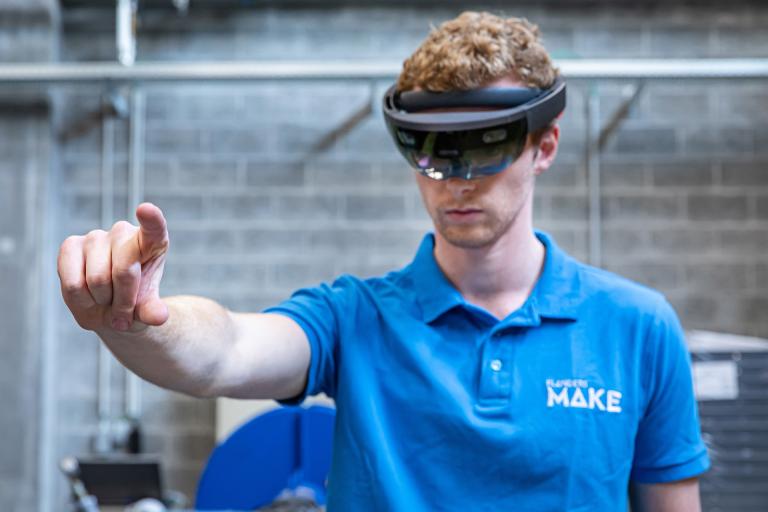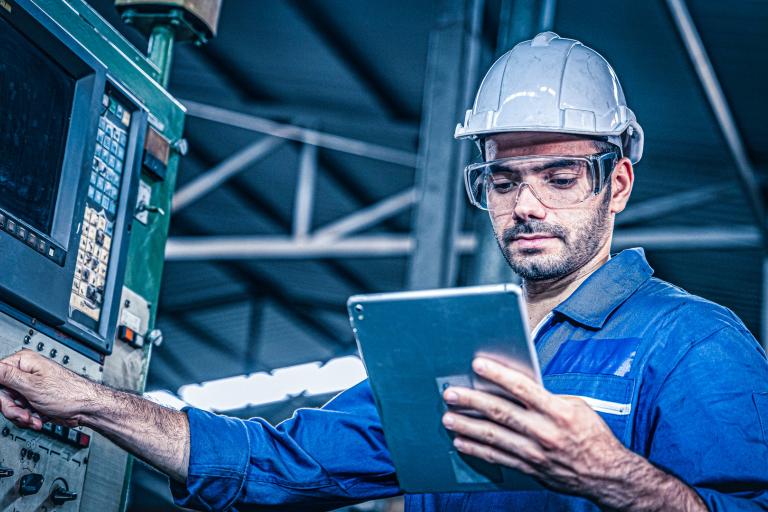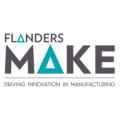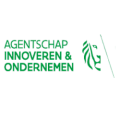Remote Assistance
Remote Assistance
Remote support (or remote assistance) technology allows an expert to remotely support an employee in their tasks, e.g. for training, maintenance assignment or to assist during work.
About remote assistance
Remote assistance technology has received a serious boost in the past year. Wearable devices, such as smart glasses, had been available on the market for some time, but remote assistance has seen a huge increase in their use. These devices allow the employee to view instructions in a hands-free manner. The built-in camera films what the employee sees and shares this image with the remote expert, who can follow along via his PC or tablet. If necessary, the expert can make notes on these images, which in turn are shown to the employee via a display on the glasses. Built-in microphones and speakers ensure that they can communicate smoothly with each other.
Besides the growing sales of devices, a lot of applications have been developed that enable remote assistance. All these applications allow an employee and an expert to interact, but the difference is in the additional functionalities. Some applications allow annotations or document sharing, while others can bring multiple experts into the same call or record sessions.
Our role?
Our role as an independent party is to map the remote assistance landscape and help companies and organisations in Flanders in their search for a good remote assistance solution. For instance, we look at the pros and cons of different devices and applications. We examine which combinations are possible, in order to put together the best solution for every situation. All the information we collect can be found in our online database, which you can find on the Wiki page.
Based on their many research projects, Flanders Make and Howest have a lot of experience in this field and offer this knowledge in this project, so that companies and organisations can use this technology in applications where physical assistance is not or hardly feasible because of, for instance, safety (social distancing, dangerous environments) or accessibility (small spaces, scattered sites).
About the project
Perfectly fitting into this support trajectory in Covid times is the COOCK project "Technology for training and remote support". This project aims to inspire organisations within industry, education and healthcare to implement technological solutions that allow activities to be carried out while respecting social distancing rules.
The 'augmented/mixed reality' technologies taught use smartglasses, smartphones or tablets. These allow an observer to follow the performer's actions in real-time. The aim is to assist or follow the performer (operator, expert, pupil, teacher, patient, caregiver,...). Apart from improved safety (including through social distancing), these remote assistance techniques also have the following advantages:
- shorter training time;
- possibility of performing more complex tasks;
- more efficient use of scarce experts;
- faster problem solving.
Although this technology is available and affordable, its benefits are still little known in society and its use is limited. The overall aim of this project is to provide alternatives to training and assistance. This project therefore does not only target professional users, but also citizens such as students and patients. Through various channels, publications and low-threshold demonstrations will be used to generate interest and transfer knowledge to the various sectors, spread across Flanders.
What do we offer?
1-on1 advice
Contact us for a 30-minute 1-on-1 session with one of our experts and find out what remote assistance can do for your operations.
Workshops
In an interactive workshop, our experts will demonstrate various remote assistance solutions at your workplace. We bring a number of devices and applications that you can try out for yourselves under our guidance.
Wiki
So what is the best solution for your situation? Our wiki provides a handy overview of the main remote assistance solutions, both software and hardware.





